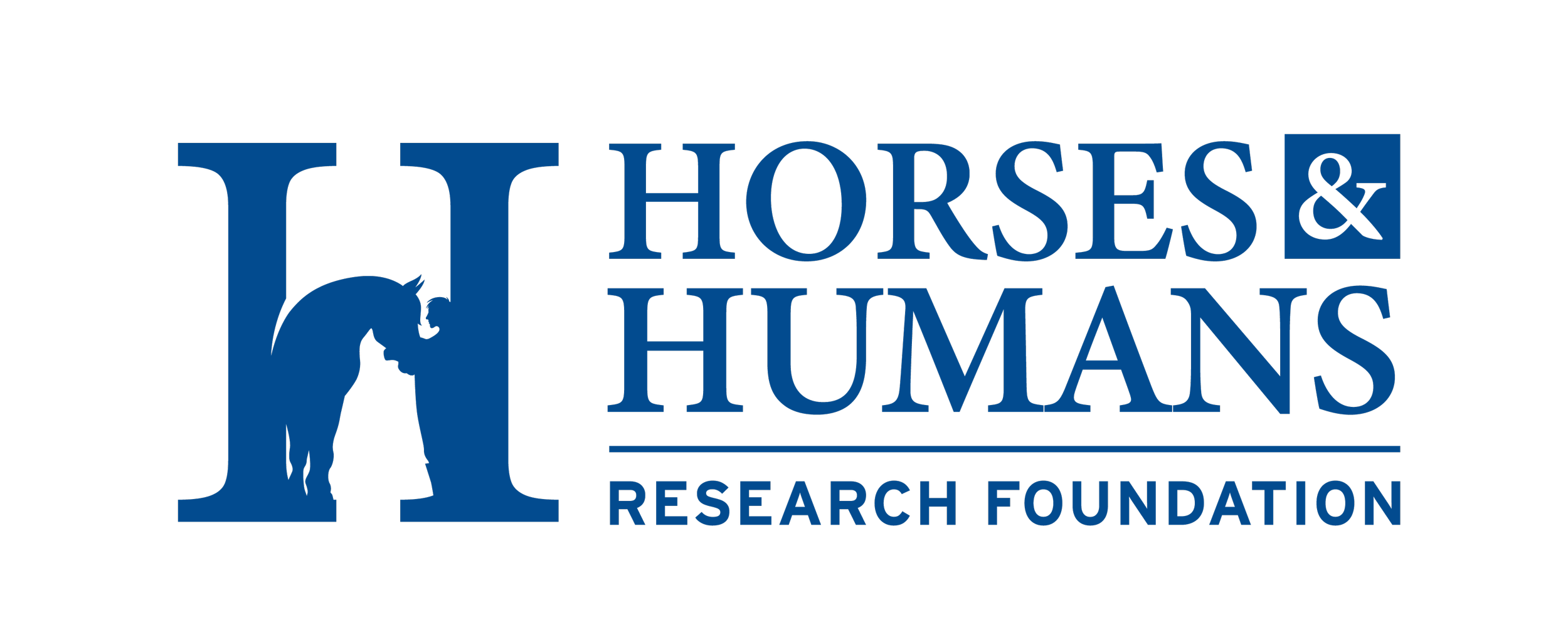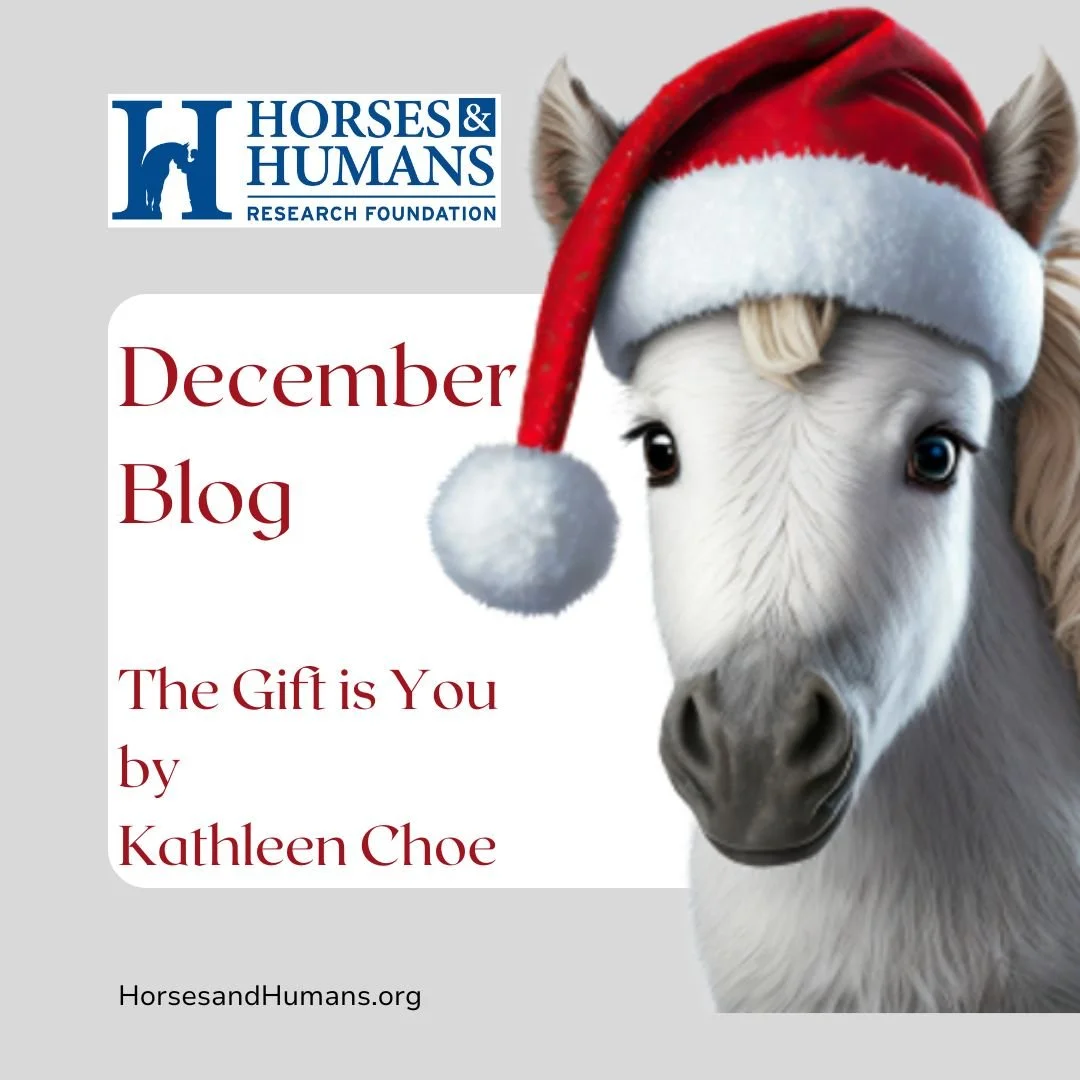December 2025
No matter what your personal beliefs are about the true origins of Christmas, the holiday has become heavily intertwined with certain traditions and rituals marking its celebration, most notably that of gift giving. Whether the approaching Christmas holidays fill you with positive anticipation or dread, most people report some level of perceived pressure around meeting the expectations of others when it comes to giving the “right” presents to those on their list.
Merriam Webster’s dictionary defines a gift as “something voluntarily transferred by one person to another without compensation.” At this time of the year, however, one might question both the ideas that gift giving is purely “voluntary” rather than an obligation, and that it is truly “without compensation” with regards to potential expectations around the responsiveness of the receiver of the gift in terms of the degree of appreciation and gratitude expressed, loyalties and alliances cemented, or reciprocity that matches the volume/value of the gift received, for example. A certain “return on investment” may be subtly (or not so subtly!) involved in the exchange.
In his book The Gift, anthropologist Marcel Mauss posits that gift giving throughout history involves a set of three obligations: to give, to receive, and to reciprocate.[1] Who gives what to whom, the value (whether monetary or otherwise) of the gift, the expectations attached for both the giver and receiver and those witnessing the exchange, the meaning behind what is given (or withheld), the implied obligations on both sides for the offering and response to it, and the relational implications of this exchange can all weigh down the process of choosing who is on our list and what might be appropriate, worthy or necessary to reflect the value of that relationship or perhaps the demands maintaining that relationship requires.
Depending on one’s historical experiences with giving and receiving gifts (disappointment vs. delight, for example), financial situation, perceived pressures from family/friends/colleagues as to the volume or monetary value of the items given, and a myriad of other factors, the emphasis on gifting during the holiday season can be either a source of fun and enjoyment or serve to create overwhelming stress for people.
Some people simply love finding the perfect gift for each special person in their life. They find joy in knowing their loved ones intimately and giving something that will equally spark joy in the recipient. Others are creative and crafty and can bake, knit, crochet, paint, sew or otherwise construct homemade gifts they relish creating and enjoy giving. Others ask for and stick to the wish lists provided in advance to avoid the disappointment of giving “the wrong thing” and/or the difficulty of figuring out what even is “the right thing” for each person on their gift list. Some are boycotting the whole premise and refusing to exchange gifts at all, or decide to give coupons for “experiences” such as shared time together in an activity both can enjoy.
Still others look for ways to control or curtail the emphasis or outlay of time, energy and money involved in gifting by drawing names, limiting the monetary expense of each gift, or banning the practice entirely. However you decide to approach this sometimes thorny tradition, it is bound to cause some disappointment and distress for those with a different perspective.
Here at HHRF we want to say, “the gift is you.” We want to thank you for taking your valuable time and energy to read the information we disseminate (including this blog!), supporting our mission with the dollars that fund our research grants to further promote awareness around the healing power of human and horse interactions and the need for this work to be done ethically in a way that protect the welfare of all involved, both human and equine, for the conversations you have that spread the word about the work we do and how research findings can improve all of our lives in tangible and meaningful ways.
Horses don’t value their relationship with us for the gifts we bring them (although they won’t turn down some carrots and apples on Christmas morning!) Like us, they are seeking safe connection with both their human and equine herd; relationships built on trust, mutual respect and kindness. This holiday season, take a moment to recognize and appreciate your tremendous value and worth in just being yourself, apart from any other “gifts” you may bring to the equation. That is how your horse sees you, and we do too!
[1] Mauss, M. (1990). The Gift: The Form and Reason for Exchange in Archaic Societies (W.D. Halls, Trans.; 1st ed.). Routledge.

